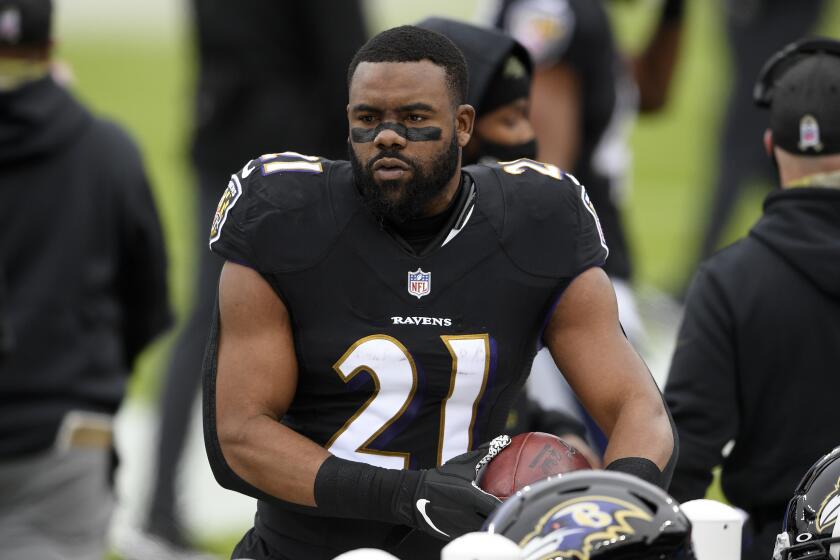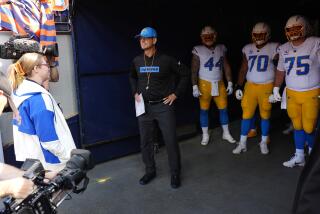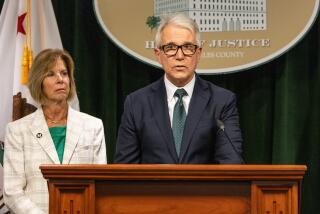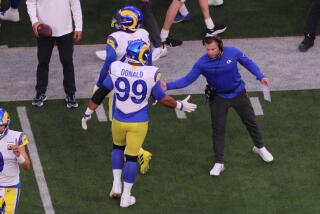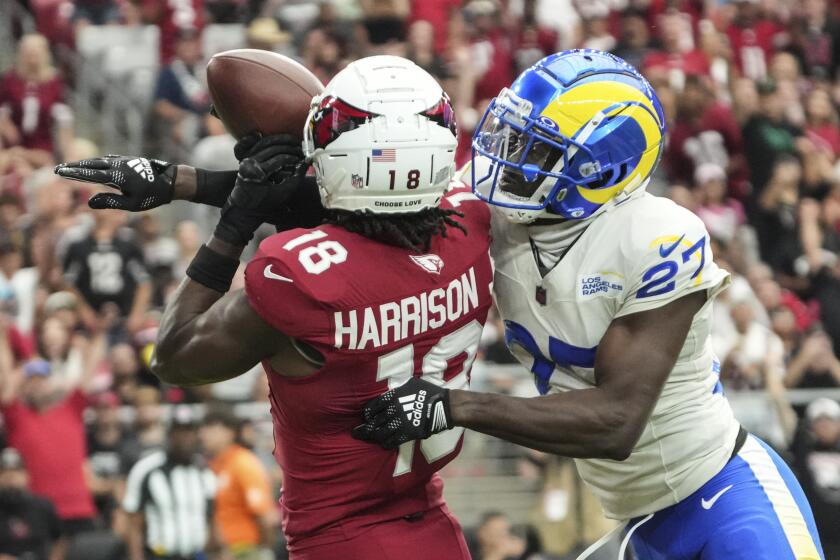Ron Rivera’s battle with cancer became a family affair
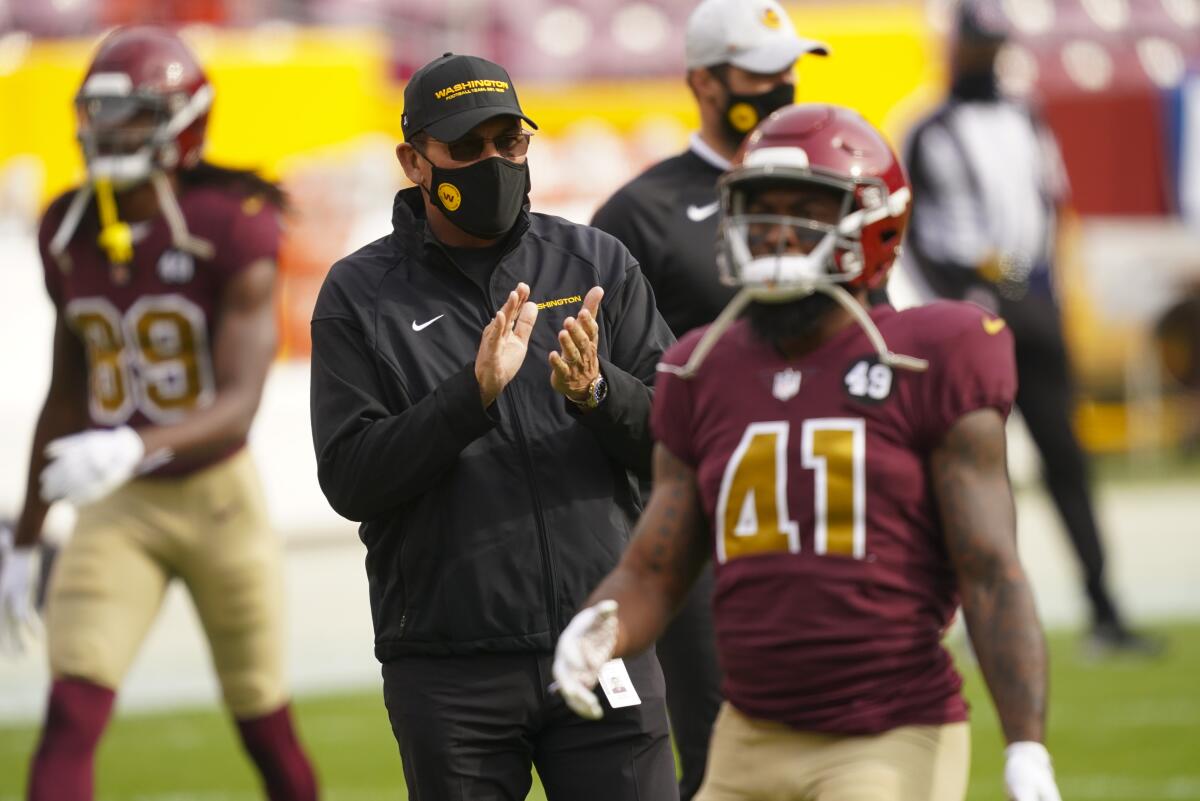
It was in his weakest moments that Ron Rivera exhibited his greatest strength.
He had to force down food. He couldn’t taste or smell. The cancer treatments left him with a withered body and flu-like fatigue. Yet, without fail, he showed up to work every day as the first-year coach of the Washington Football Team.
“For Ron, that really helps him, knowing he has a routine,” said Stephanie Rivera, his wife of 36 years. “The team really made accommodations for him. They put a Barcalounger in his office so he could rest if he had to take a nap or whatever. My daughter and I would drive him to work because you definitely don’t want him to drive. You just don’t know how you’ll feel after your treatments, so we would shuttle him back and forth.”
Fittingly, it’s been a team effort for the Rivera family, navigating life after Ron was diagnosed in August with squamous-cell cancer detected in a lymph node. What began as a stiff neck turned out to be something far more ominous, requiring seven weeks of treatments that included chemotherapy. He underwent his final treatment Oct. 26 at Inova Schar Cancer Institute in Fairfax, Va., and — in keeping with tradition — rang the bell to mark the completion of his regimen.
The visual of Rivera ringing that bell to the applause of hospital staff was undeniably moving, especially with him much thinner than his days as a Chicago Bears linebacker, or in his nine seasons as coach of the Carolina Panthers. He lost 30 pounds over the course of treatment.
Rivera will be on the sideline as usual Thursday when Washington plays NFC East rival Dallas in the Cowboys’ traditional Thanksgiving Day game. Stephanie and daughter Courtney will be at AT&T Stadium too, as both have COVID-19 clearance to be with Ron throughout the season. Courtney, a former UCLA softball player, is a member of Washington’s social media team.
A coronavirus outbreak among Baltimore Ravens personnel prompts the NFL to postpone the team’s Thanksgiving night game with the Steelers until Sunday.
Rivera has experienced the full spectrum of emotions in recent years, from twice earning NFL coach-of-the-year honors and leading the Panthers to Super Bowl 50, to a fire that destroyed the family’s Charlotte, N.C., home, to the death of his brother from pancreatic cancer, to being fired by Carolina during last season after a 5-7 start.
The cancer diagnosis presented another unexpected challenge for a coach looking to turn around Washington, which was 3-13 last season and hasn’t made the playoffs since 2015.
“That was one of the hard parts, trying to keep everything focused in on football and then trying to get the preparation going,” Rivera, 58, told reporters recently. “Then trying to, for me personally, stay involved with the team as I was going through my treatments. That was probably one of the more difficult things that I’ve had to deal with, and then at the same time trying to present the right type of front for our players. It was a challenge, it really was.”
For a franchise accustomed to turmoil — most recently the team dropping the nickname “Redskins” after decades of protest, and disturbing allegations of sexual harassment in the workplace — Rivera has been an undeniable source of inspiration.
“For a lot of these guys, they saw it as a badge of honor that he was doing what he was doing,” said Richard Rodgers, assistant defensive backs coach for Washington and Rivera’s longtime friend and teammate. They were together coaching the Panthers, and were teammates at the University of California.
“The biggest lump-in-my-throat moment for me was when he called me in his office and told me what was going on,” Rodgers said. “It was a one-on-one conversation and I think before anyone else knew. I had to sit back and catch myself. He reassured me that he was OK at that point, but you never know.
“When you hear that word ‘cancer,’ everybody relates it to the end. So in my mind, I just had to listen to him, hear him out, and let him explain to me what was going on.”
Rodgers is no stranger to miracles on the football field. He made two of the laterals in “The Play,” Cal’s wildly improbable, last-second kickoff return to beat Stanford in 1982. His nickname is “Rock” and it’s an appropriate one now with how supportive he is of Rivera. But Rodgers concedes the moniker is more befitting of Stephanie.
“She’s definitely the rock,” he said. “If she tells Ron to do something, he’s going to do it.”
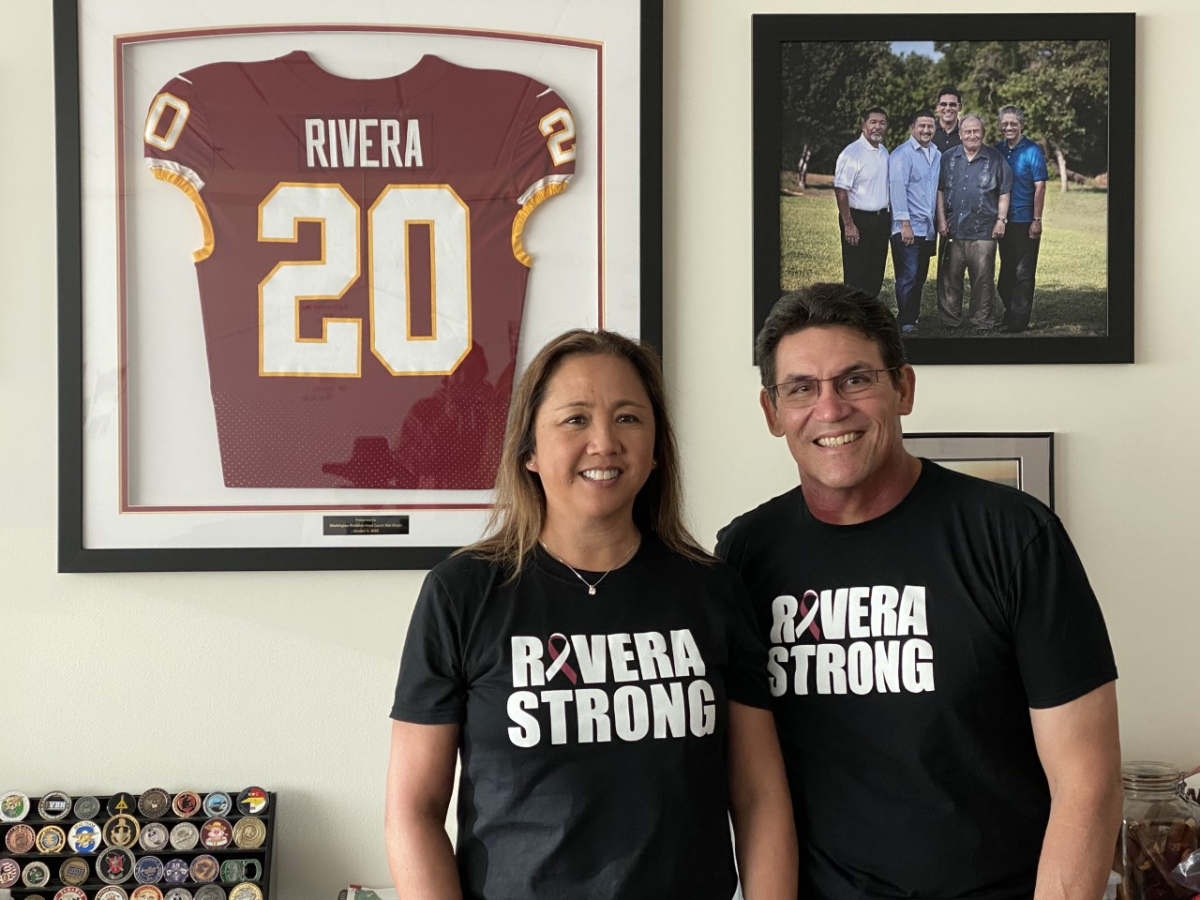
Stephanie has her own coaching experience. A knee injury as a freshman ended her short stint as a point guard at Cal, but in 2000 she was an assistant coach for the WNBA’s Washington Mystics. After that season, she turned her attention to AAU and high school basketball.
She was one of the driving forces behind “Coach’s Corner,” in which 400 friends and family members purchased cardboard cutouts to occupy FedEx Field seats for a game against Baltimore. Above the section was a banner reading “RiveraStrong.”
“We were able to keep that a secret from him,” she said. “I think he was very touched.”
Her husband was moved, too, when he noticed that Chicago Bears defensive coordinator Chuck Pagano — who battled cancer as head coach of the Indianapolis Colts — had a RiveraStrong sticker on his play sheet. The two coaches touch base frequently.
Health-wise, Rivera is not in the clear.
“You wait 2½ to three months after the last treatment, and then you go in for another scan to see if it’s gone,” Stephanie said. “They don’t say you’re cancer-free until that and then the checkups after that.”
Rivera’s appetite has returned to some degree, and he’s slowly putting on some pounds.
“We had to buy him a few new pieces of clothing,” his wife said. “He was cinching up his pants and they were looking pretty baggy. He had to get a couple of suits tailored down. I think from this point forward, he’ll stay an XL instead of a double-XL.”
Rivera might be slightly smaller in stature, but after this, never more impactful.
More to Read
Go beyond the scoreboard
Get the latest on L.A.'s teams in the daily Sports Report newsletter.
You may occasionally receive promotional content from the Los Angeles Times.

